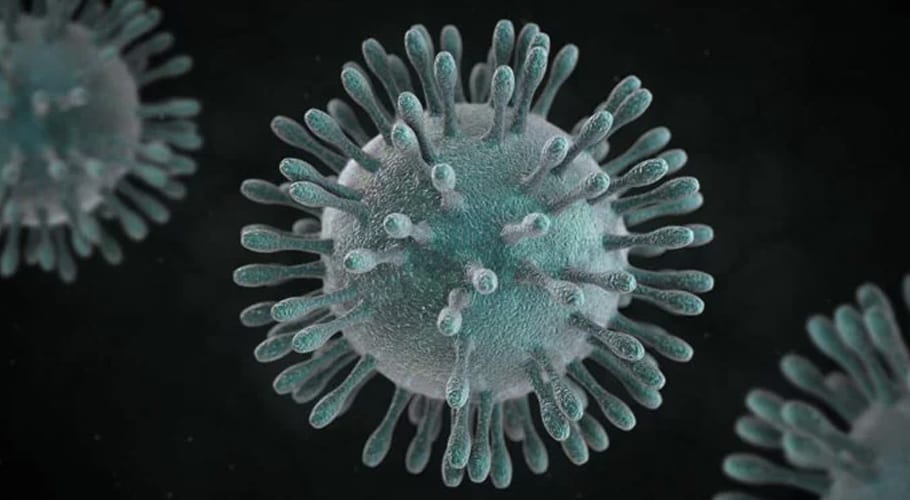The study has found that the gut microorganisms in COVID-19 patients may be different from those in uninfected individuals.
The microscopic organisms living in our intestines may influence the severity of COVID-19 and the body’s immune response to it, according to the research. “Coronavirus patients lack certain good bacteria known to regulate our immune system,” said Dr. Siew Ng of The Chinese University of Hong Kong.
The presence of an abnormal assortment of gut bacteria, or “dysbiosis,” persists after the virus is gone and could play a role in the long-lasting symptoms that plague some patients, she said.
The clinical study showed that more COVID-19 patients who received the microbiome immunity formula achieved complete symptom resolution. Those who got it had significantly reduced markers for inflammation in their blood, increased favorable bacteria in their stool, and developed neutralizing antibodies to the virus.
Read more: AstraZeneca seeks registration of COVID-19 vaccine in Pakistan
The global pandemic coronavirus has infected more than 93.53 million people worldwide and killed 2,02,407 people. More than 668.12 million patients of coronavirus have been cured in the world and more than 24.718 million are undergoing treatment.
The coronavirus situation is the worst in the United States, with 397,994 deaths and more than 23.848 million affected. India ranks second in the world in terms of coronavirus cases, with 151,954 deaths and more than 1528,000 people diagnosed with the virus. The total number of deaths from coronavirus in Brazil is 277,160 and more than 83.26 million people are affected.





































